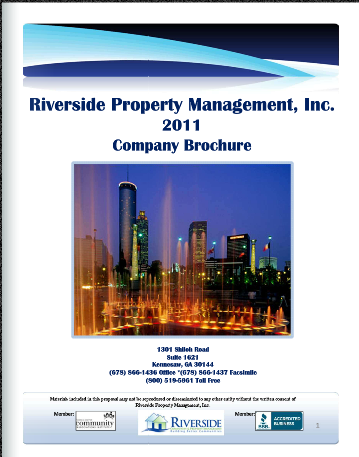CCR’s, Rules and Restrictions on Your Home
Rules – Use Restrictions
HOA, deeds, easements, CCR, easements and other restrictions can be placed on your property.
Understanding that property rights are not always exclusively yours is crucial before purchase of a home.
While in the home can be the castle, are likely to share the privilege, at least in part, with a variety of other interested parties from access to the rules and regulations, restrictions and outright prohibitions. In addition to local, county or parish, state and federal laws, there are zoning laws that impose limitations on what can be done with your property as well as when and how.
This article is not a substitute for good advice, local legal, but must provide at least a few things to consider if you are a new buyer or have not bought in years.
Facts: Most people have never read the writing on a potential home before buying. Some restrictions, if any, shall be specified in this fact, and must be made available to the broker, through its agent, buyer or get the same in the local municipality.
Assessor / Surveyor Findings: Often, when a property changes hands the issues and problems convey. Say a buyer purchased a property in which the neighbors, for 50 years – built a garage for 2 meters above the property line on the property a buyer. Because the seller had been in the house all the time, the issue of building permits, zoning, etc, it was not until 50 years ago, so nobody knew. The new writing had to reflect the invasion.
Rights of way and easements: many works of urban and suburban plots of land are related to access and gives the necessary utilities. The ability to dig, work, and repair lines that pass over your property are essential. Similarly, in most cities and towns, the local owner of a portion of the edge of his property to use another utility to trim trees of telephone lines, etc. Also, many plots of land near lakes, streams and the likes have traveled pedestrian rights of way has been granted for generations, or certain individuals or families in the locality. Read the script. Always.
HOA: Home Owner Associations are not new, but they are certainly becoming more popular as people try to control the actions of their neighbors, have the group’s money together to pay for common interests and the like. HOA often referred to in the facts, but the details of the Owners Association are not facts, but in separate documents. Most states require potential purchases have the opportunity to review these documents within a specified period. Make sure you do.
Covenants, Conditions and Restrictions: It is a set of rules and regulations that restrict who can do what, when and how and under what conditions. Fencing, colors of the house, yard art, signs, noise, pets … There are thousands of things that can be restricted by CC & Rs. Simple things like whether or not you can install a clothesline (and neighborhoods more and more people are saying no).
Liens: When buying a property, make sure your agent goes to the place where property records are kept in your area and check the title. Unpaid bills often mean that service providers a lien or a lawsuit on his property, which means that they must be paid when property changes hands. It is more common than you think the owners have chosen to extend and improve, and then run into unexpected circumstances in which it sold in a need for work and the bills are not paid.
There are plenty of reasons intentional, unintentional, historical and legal why others may have at least a partial claim on your property. Be sure to do your due diligence before you buy!





